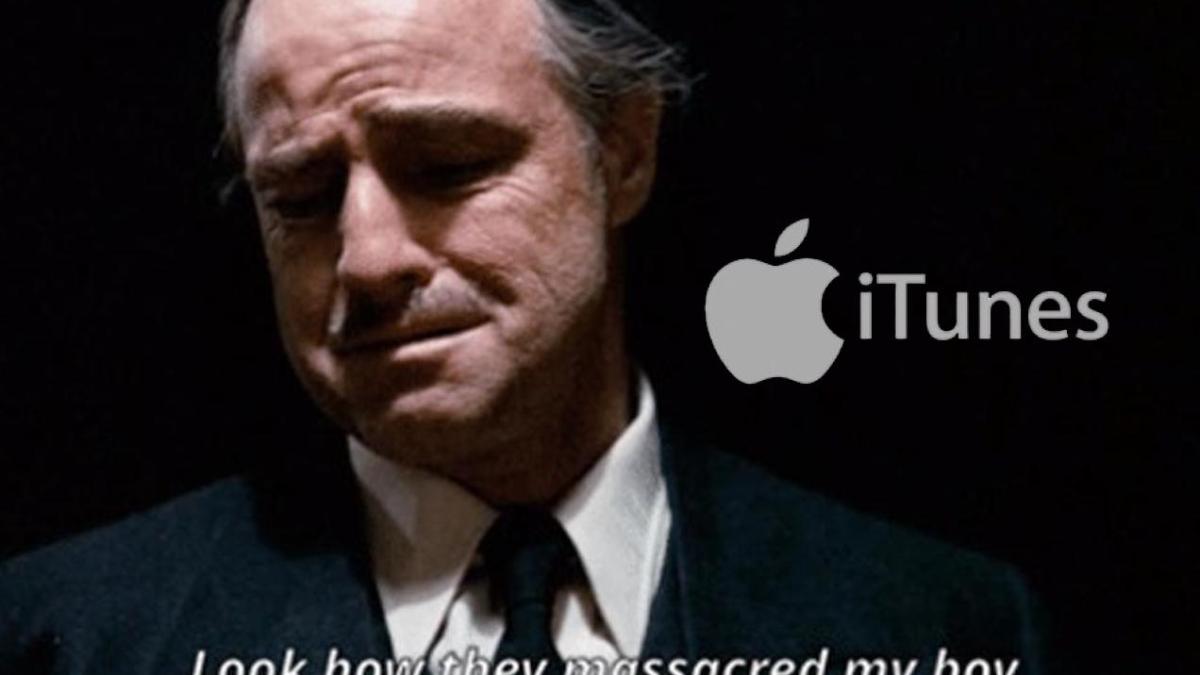
Apple has signalled the end of its legendary music software iTunes, relegating its key components to individual apps in the latest macOS update.
[jwplayer 2KUEr9y5]
Kotaku reports the macOS Catalina update, which is now live, splits iTunes into separate Apple Music, Apple TV and Apple Podcasts components.
RIP iTunes 💀 #catalina pic.twitter.com/Afs53UCRuZ
— AssAssin 🔫 (@alexkautz_music) October 7, 2019
The decision reflects the changing ways in which we consume digital media. While iTunes’ simple functionality blew the socks off iPod users when it debuted in 2003, streaming services like Apple Music now dominate our listening habits.
Apple’s other big innovation, the iPhone, also helped to stomp iTunes into the curb. Folks walking around with internet-enabled smartphones in their pocket don’t really need to stash a dedicated mp3 player too, making iTunes on Mac increasingly redundant for the mass market.
Overall, the decision to demote iTunes seems like part of Apple’s plan to siphon users to its own proprietary streaming services.
Billboard reports Apple Music subscribers will not be able to access the iTunes Music store on Mac unless they manually reactivate it, while iTunes’ lingering film and television content, for purchase or rent, will be jumbled with Apple TV’s streaming options.
You should know:
All your old iTunes purchases and rips should be in the Music app after you upgrade to Catalina.
You can still buy music in the iTunes store.
If you don’t see the store in the Music app sidebar, open the Music app Preferences, General, and look for the checkbox. pic.twitter.com/7tWBOopbOl— Macworld (@macworld) October 7, 2019
But the change won’t sever audiophiles from their meticulous collections – yet, at least. Music bought from the iTunes store, or ripped into the program from CDs, will remain available for users in the Apple Music app.
Backups and iPhone syncs will be handled by Finder from here on out, FYI.
Did Apple actually nail it the first time around, when iPods and iTunes actually gave digital users complete control over their music collections? Yes, but whatever. Long live the stream.



